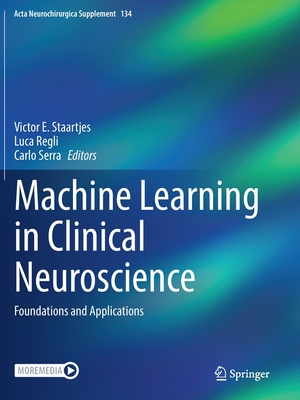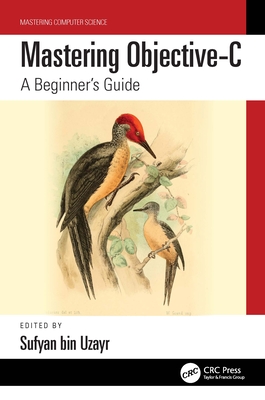
Machine Learning in Clinical Neuroscience(Acta Neurochirurgica Supplement)
临床神经科学的机器学习:基础及应用
生物医学工程学
¥
1327.5
售 价:
¥
1062.00
优惠
平台大促 低至8折优惠
发货周期:国外库房发货,通常付款后6-8周到货!
出版时间
2022年12月23日
装 帧
平装
页 码
361
开 本
11.00 x 8.25 x 0.77
语 种
英文
版 次
1
综合评分
暂无评分
- 图书详情
- 目次
- 买家须知
- 书评(0)
- 权威书评(0)
图书简介
This book bridges the gap between data scientists and clinicians by introducing all relevant aspects of machine learning in an accessible way, and will certainly foster new and serendipitous applications of machine learning in the clinical neurosciences. Building from the ground up by communicating the foundational knowledge and intuitions first before progressing to more advanced and specific topics, the book is well-suited even for clinicians without prior machine learning experience.Authored by a wide array of experienced global machine learning groups, the book is aimed at clinicians who are interested in mastering the basics of machine learning and who wish to get started with their own machine learning research. The volume is structured in two major parts: The first uniquely introduces all major concepts in clinical machine learning from the ground up, and includes step-by-step instructions on how to correctly develop and validate clinical prediction models. It also includes methodological and conceptual foundations of other applications of machine learning in clinical neuroscience, such as applications of machine learning to neuroimaging, natural language processing, and time series analysis. The second part provides an overview of some state-of-the-art applications of these methodologies.The Machine Intelligence in Clinical Neuroscience (MICN) Laboratory at the Department of Neurosurgery of the University Hospital Zurich studies clinical applications of machine intelligence to improve patient care in clinical neuroscience. The group focuses on diagnostic, prognostic and predictive analytics that aid in decision-making by increasing objectivity and transparency to patients. Other major interests of our group members are in medical imaging, and intraoperative applications of machine vision.
本书暂无推荐
本书暂无推荐











